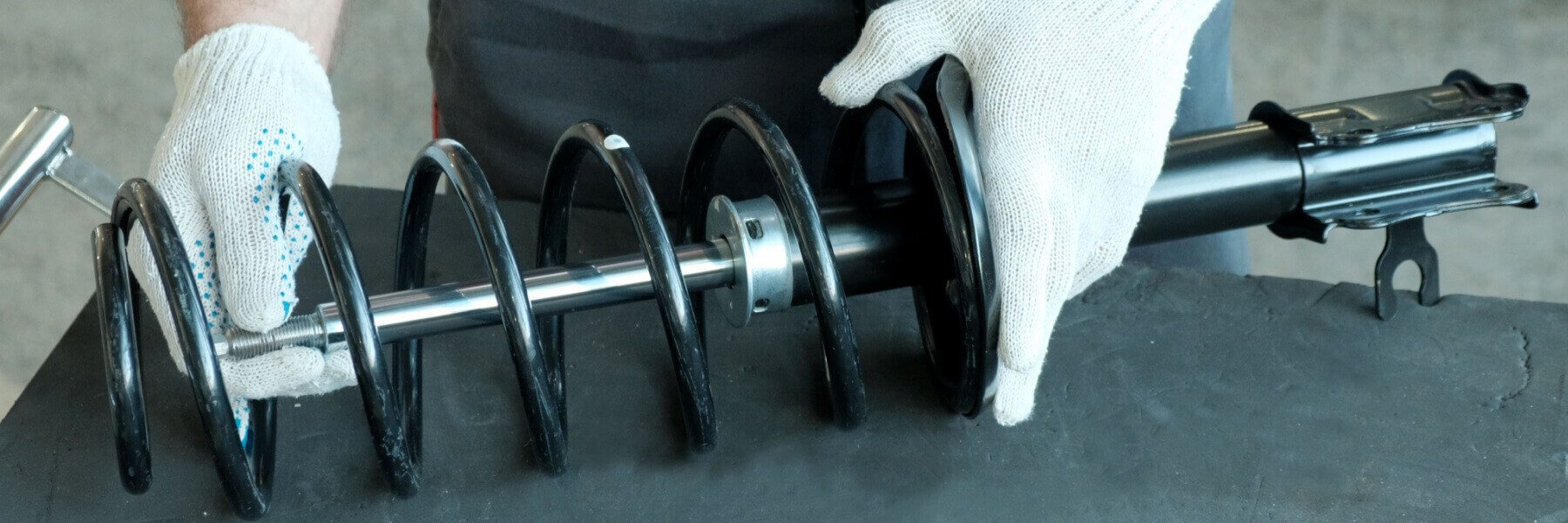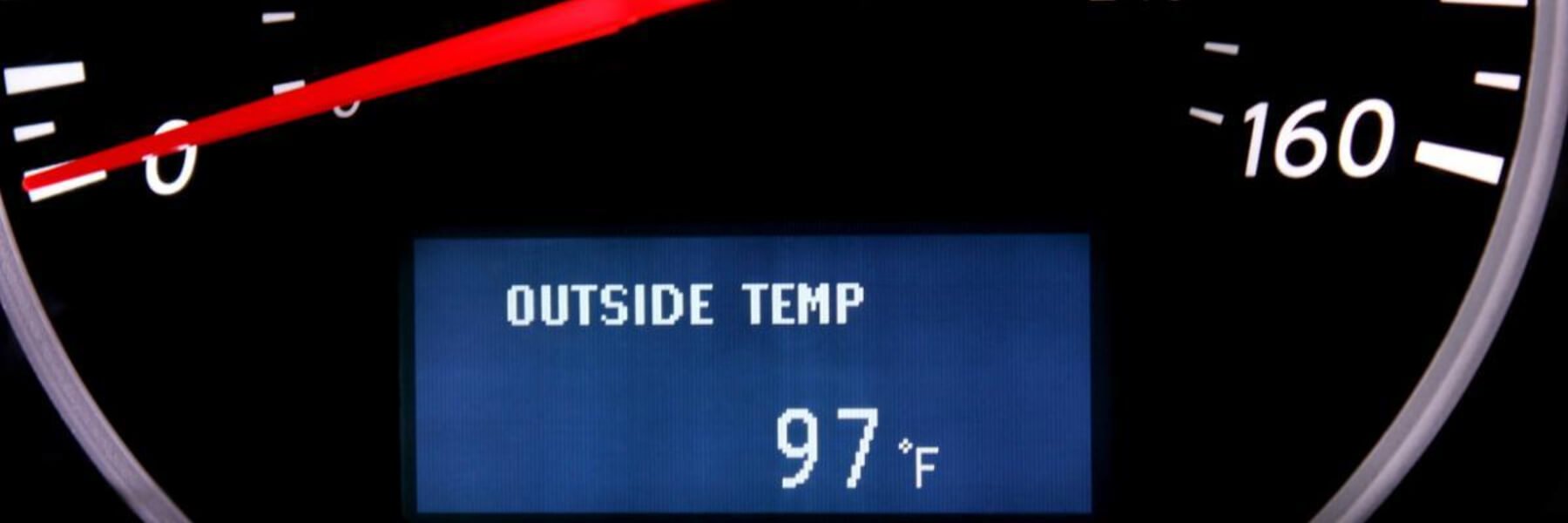It can be concerning when you notice a drop in fuel efficiency. And with the constant fluctuations in gas prices, you’ll want to prolong how often you’re shelling out gas money. So what are the common causes of poor gas mileage? Let’s talk about how you can make sure you’re getting the most out of your mileage and what you can do if these problems happen to you.
Common Causes of Poor Fuel Efficiency
There are a lot of working parts you don’t notice until they start to affect your car’s performance. This is especially true when it comes to fuel efficiency. A drop in gas mileage can point to a bigger problem that you’ll want to have looked at sooner than later. So if you start to notice more frequent trips to the gas station, you can either try to diagnose the problem on your own or have a mechanic quickly clue you in on the cause. Here are some of the biggest reasons:
Under the Hood
-
Fuel system: If there’s a leak in your fuel injector, you’ll notice poor gas mileage due to less fuel reaching the engine. This is one of the most common reasons for lower fuel efficiency!
-
Spark plugs: Anytime your spark plugs are misfiring, they can’t provide the proper combustion for your engine. This is why you’ll see a drop in fuel efficiency when your spark plugs aren’t working as they should.
-
Air filter: A dirty air filter will prevent clean air from burning fuel. By replacing your air filters regularly, you’ll keep your gas mileage running efficiently.
-
Oxygen sensors: The oxygen sensors measure the air intake and emissions output. If these sensors fail, they can heavily reduce your gas mileage.
Other Problems You Can Fix
Fortunately, you don’t have to pop open the hood for everything. There are a few causes of poor gas mileage that anyone can solve, even if you don’t know anything about cars. Here are some common problems that you can adjust to have a positive impact on your fuel efficiency:
-
Low tire pressure: Here’s a common issue you can fix without the need for auto repair. Low tire pressure means that your vehicle has to work harder to drive, using up more fuel. Check your tire pressure to see if it matches your car manual’s recommended tire pressure levels.
-
Air conditioner: A blast of cold air feels great when the summer gets scorching hot, but air conditioning affects our fuel efficiency. You can save on gas by simply rolling down your windows and letting the breeze cool you down.
-
Driving habits: It’s tempting to get behind the wheel and put the pedal to the metal, but poor fuel efficiency can boil down to our driving habits. Make sure you aren’t accelerating too quickly and that you follow speed limits to increase the life of the car’s fuel.
-
Motor oil: There are a lot of different motor oils for you to choose from. When you buy the right weight and type for your vehicle, you’ll be optimized for the best engine performance.
Proactive Maintenance
It can be tempting to hold off on auto repair until it’s too late. But if you think any of the problems above could be affecting your engine’s performance, don’t hesitate to have your car looked at. What might feel like a minor problem now can turn into a much bigger problem later. Proactive maintenance will prevent you from investing big money into car parts that have been neglected for too long.
With proactive maintenance, you won’t have to wonder about the status of things like air filters, oil changes, brake fluid, or tire pressure as you stay on top of your car’s performance.
Conclusion
If you notice a decrease in gas mileage, it’s best to have your vehicle looked at right away. Great fuel efficiency helps save money by reducing how often you need to swing by the gas station. So if you find yourself making more frequent gas trips, it’s time to start thinking about the cause.
These are just a few tips for getting the most out of your mileage. When you’re having car trouble, Naylor’s provides full-service auto repair and preventative maintenance for everything you drive.



